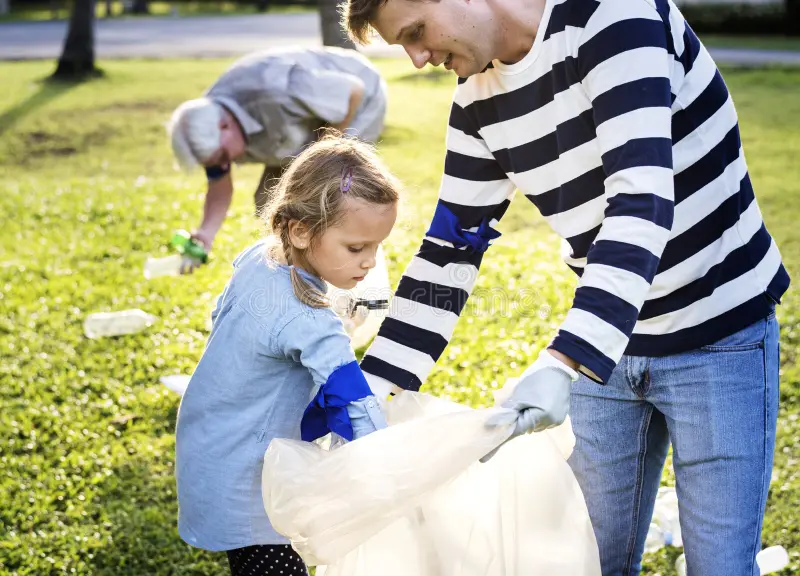
Teaching Children Not to Litter from an Early Age
Casal dels Infants – Teaching children not to litter is a fundamental lesson that should be instilled early, especially in relation to environmental cleanliness. The habit of littering not only damages the environment but also threatens the health and well-being of society. Therefore, it is essential to teach children to always dispose of their trash properly.
Children are the future generation who will inherit this planet. If they are taught to maintain cleanliness and love the environment from an early age, this good habit will continue into adulthood. Teaching children not to litter also helps them understand the negative impact of such actions. Litter that is carelessly thrown can pollute rivers, block drainage systems, and become breeding grounds for various diseases.
“Read More: Enhancing Children’s Social Skills, How?”
In addition, teaching children not to litter also strengthens their sense of responsibility towards their surroundings. They will become more conscious of cleanliness and realize that maintaining cleanliness is not just the responsibility of adults, but also of every individual, including themselves.
Children tend to imitate the behavior of those around them. As parents or caregivers, setting a good example is very important. If you always dispose of trash properly, your child will find it easier to adopt the same habit. Gently explain why you always throw trash in the right place, so they can understand the reasoning behind your actions.
Children will better understand the concept of cleanliness if you start teaching them early on. Make the learning process fun by doing activities like cleaning up the environment around the house or school together. You can introduce them to ways of separating organic and non-organic waste to help them better understand recycling and waste management.
Ensure that there are trash bins in every room of the house or school that are easily accessible to children. Clear and separated bins for organic and non-organic waste will make it easier for children to dispose of trash properly. Teach them to always throw waste in the appropriate bin, so they get used to maintaining cleanliness.
Praise is a highly effective motivator for children. When a child successfully disposes of trash in the right place, give them praise or a small reward. This will make them feel appreciated and more motivated to continue the good habit.
Teaching children not to litter will have long-term positive effects. In addition to keeping the environment clean, children will grow up to be individuals who are more concerned about social and environmental issues. This habit will also strengthen their sense of responsibility, not only for their own cleanliness but also for the well-being of the community and the environment around them.
“Continue Reading: Diet Guide for PCOS, Maintaining Hormonal Balance”
